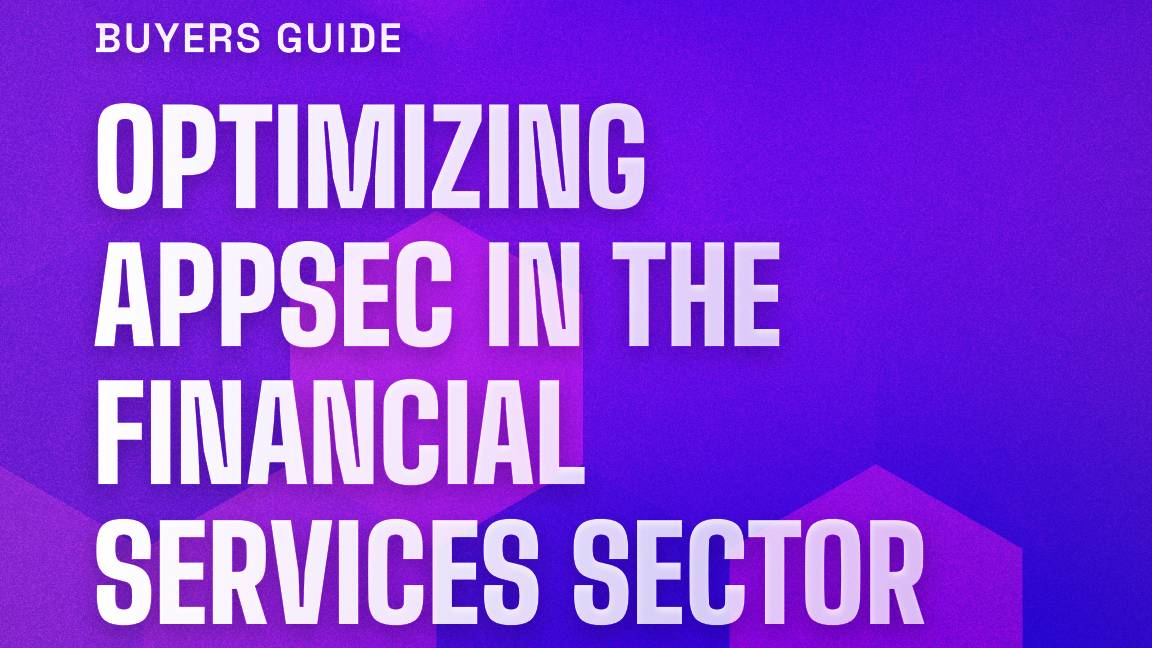UK government signs up Anthropic to improve public services
The deal comes as part of a new AI plan that includes rebranding the AI Safety Institute as the UK AI Security Institute


The UK government has signed a memorandum of understanding with Anthropic to explore how the company's Claude AI assistant could be used to improve access to public services.
According to a statement from government officials, the aim is to advance best practices for the responsible deployment of frontier AI capabilities across the public sector while fostering close cooperation between government and leading AI innovators.
The agreement comes amid the recasting of the UK’s AI Safety Institute as the UK AI Security Institute. The government said it will also look to sign further agreements with leading AI companies.
The collaboration with Anthropic will look at how AI can transform public services and improve the lives of citizens, as well as using the technology to drive new scientific research.
"AI has the potential to transform how governments serve their citizens. We look forward to exploring how Anthropic’s AI assistant Claude could help UK government agencies enhance public services, with the goal of discovering new ways to make vital information and services more efficient and accessible to UK residents," said Dario Amodei, CEO and co-founder of Anthropic.
"We will continue to work closely with the UK AI Security Institute to research and evaluate AI capabilities in order to ensure secure deployment."
Government eyes closer ties with Anthropic
The collaboration will also draw on Anthropic's recently-released Economic Index, which uses anonymized conversations on Claude.ai to understand AI's effects on labor markets and the economy over time. This will provide insights to help the UK adapt its workforce and innovation strategies for an AI-enabled future.
Sign up today and you will receive a free copy of our Future Focus 2025 report - the leading guidance on AI, cybersecurity and other IT challenges as per 700+ senior executives
There are also plans for collaboration on securing the supply chain for advanced AI and the UK’s future infrastructure, while Anthropic said it will provide tools to support the UK’s startup community, universities, and other organizations.
In a statement, Anthropic said it will work closely with the new UK AISI, adding that it is committed to developing 'robust safeguards' and driving responsible and secure deployment.
Similarly, the government revealed it will prioritize responsiveness to public needs, privacy preservation, and building trust as core principles guiding the development and implementation of its AI-enabled solutions.
The AI Security Institute, however, will now have less of an emphasis on privacy issues.
RELATED WHITEPAPER

Instead, it will concentrate on serious AI risks with security implications, such as how the technology can be used to develop chemical and biological weapons, along with how it can be used to carry out cyber attacks and enable crimes such as fraud and child sexual abuse.
"The changes I’m announcing today represent the logical next step in how we approach responsible AI development – helping us to unleash AI and grow the economy as part of our Plan for Change," said secretary of state for science, innovation, and technology Peter Kyle.
"The work of the AI Security Institute won’t change, but this renewed focus will ensure our citizens – and those of our allies - are protected from those who would look to use AI against our institutions, democratic values, and way of life."
MORE FROM ITPRO
- There's no single route to AI adoption, and Anthropic is charting all available paths
- Google to invest another $1 billion in Anthropic
- AWS bets big on Anthropic in race against Microsoft and OpenAI
Emma Woollacott is a freelance journalist writing for publications including the BBC, Private Eye, Forbes, Raconteur and specialist technology titles.
-
 What is Microsoft Maia?
What is Microsoft Maia?Explainer Microsoft's in-house chip is planned to a core aspect of Microsoft Copilot and future Azure AI offerings
-
 If Satya Nadella wants us to take AI seriously, let’s forget about mass adoption and start with a return on investment for those already using it
If Satya Nadella wants us to take AI seriously, let’s forget about mass adoption and start with a return on investment for those already using itOpinion If Satya Nadella wants us to take AI seriously, let's start with ROI for businesses
-
 Lloyds Banking Group wants to train every employee in AI by the end of this year – here's how it plans to do it
Lloyds Banking Group wants to train every employee in AI by the end of this year – here's how it plans to do itNews The new AI Academy from Lloyds Banking Group looks to upskill staff, drive AI use, and improve customer service
-
 CEOs are fed up with poor returns on investment from AI: Enterprises are struggling to even 'move beyond pilots' and 56% say the technology has delivered zero cost or revenue improvements
CEOs are fed up with poor returns on investment from AI: Enterprises are struggling to even 'move beyond pilots' and 56% say the technology has delivered zero cost or revenue improvementsNews Most CEOs say they're struggling to turn AI investment into tangible returns and failing to move beyond exploratory projects
-
 Companies continue to splash out on AI, despite disillusionment with the technology
Companies continue to splash out on AI, despite disillusionment with the technologyNews Worldwide spending on AI will hit $2.5 trillion in 2026, according to Gartner, despite IT leaders wallowing in the "Trough of Disillusionment" – and spending will surge again next year.
-
 A new study claims AI will destroy 10.4 million roles in the US by 2030, more than the number of jobs lost in the Great Recession – but analysts still insist there won’t be a ‘jobs apocalypse’
A new study claims AI will destroy 10.4 million roles in the US by 2030, more than the number of jobs lost in the Great Recession – but analysts still insist there won’t be a ‘jobs apocalypse’News A frantic push to automate roles with AI could come back to haunt many enterprises, according to Forrester
-
 Businesses aren't laying off staff because of AI, they're using it as an excuse to distract from 'weak demand or excessive hiring'
Businesses aren't laying off staff because of AI, they're using it as an excuse to distract from 'weak demand or excessive hiring'News It's sexier to say AI caused redundancies than it is to admit the economy is bad or overhiring has happened
-
 Lisa Su says AI is changing AMD’s hiring strategy – but not for the reason you might think
Lisa Su says AI is changing AMD’s hiring strategy – but not for the reason you might thinkNews AMD CEO Lisa Su has revealed AI is directly influencing recruitment practices at the chip maker but, unlike some tech firms, it’s led to increased headcount.
-
 Accenture acquires Faculty, poaches CEO in bid to drive client AI adoption
Accenture acquires Faculty, poaches CEO in bid to drive client AI adoptionNews The Faculty acquisition will help Accenture streamline AI adoption processes
-
 Productivity gains on the menu as CFOs target bullish tech spending in 2026
Productivity gains on the menu as CFOs target bullish tech spending in 2026News Findings from Deloitte’s Q4 CFO Survey show 59% of firms have now changed their tune on the potential performance improvements unlocked by AI.
